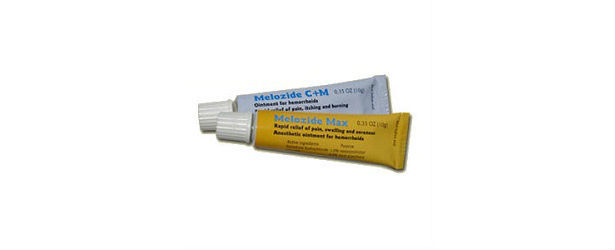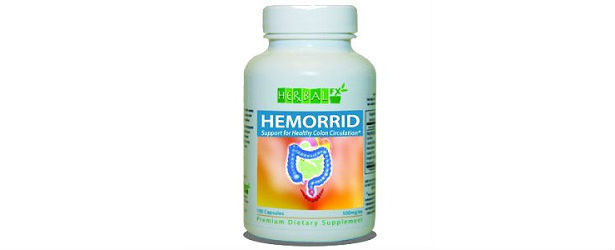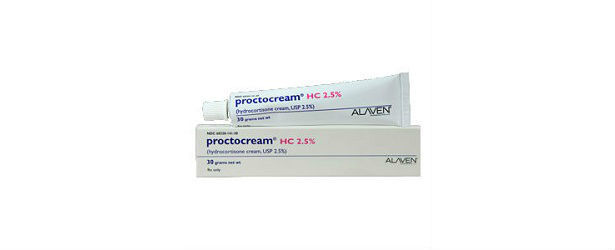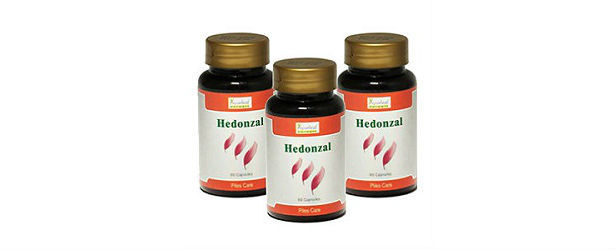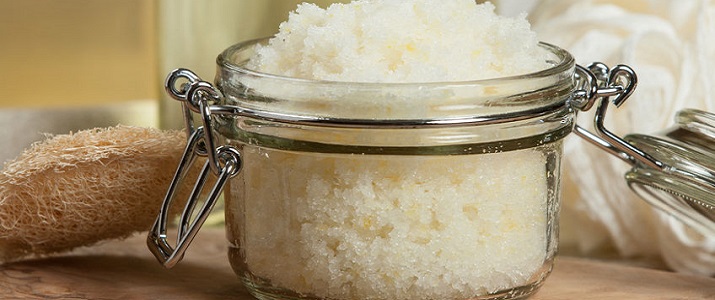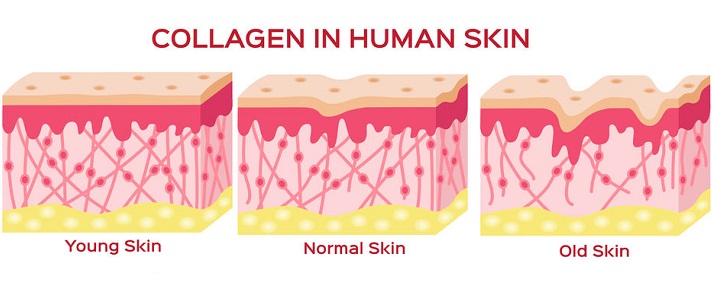
What Exactly Is Collagen?
If you’ve never heard of Collagen, you’re certainly not alone. But it’s one of the new buzz words along with products like Rosehip Oil. Collagen now comes in chewable candy with more and more people jumping on the wagon of hoping to reduce the physical signs of aging with sagging skin and increasing number of wrinkles. There is even beer with 2 grams of Collagen in Japan that maintains that it will help you become more beautiful.
Collagen is a protein found in bones, skin, muscles, and tendons in humans and animals. It is the most abundant protein that holds the body together. Unfortunately, after menopause the production of Collagen significantly declines and wrinkles forms as the structural integrity of your skin weakens, but even in our 20s and others estimate at the age of 30, we begin to produce less collagen as it breaks down faster than our body can replace it; the natural aging process causes levels of collagen to lower and there is no way to prevent this.
Although the words Gelatin and Collagen are used interchangeably, they are not the same; Collagen is the protein in the body and when it is heated or boiled, gelatin is made.
Exposure to the sun, pollution, and cigarette smoke can also cause collagen to break down.
How to Get Collagen and Whether to Join the Bandwagon
- Apply it to the skin by purchasing a topical cream.
- Via supplements.
- As a powder to put liquids or sakes.
- Via injections to improve the skin.
Whether it’s because you are vegetarian or vegan, or some other reason like the very high price for purchasing Collagen supplements, many people are skeptical about whether collagen can be absorbed and synthesized in the body by consuming it in its variety of forms. Others say that it absolutely can be resorbed back into the body. On either side of the argument, that are many skeptics out there and there is not overwhelming evidence about the effect of collagens on helping to keep you appear younger with fewer wrinkles.
There are some foods that can be included in a well-rounded diet that are known to produce collagen. They include soy, meat, egg whites, cabbage, berries (raspberries, blackberries, cherries, and blueberries), oranges, peppers, broccoli, nuts, shellfish, and red meat. So even those who are skeptical of the impact of taking supplements, powders, buying creams and taking injections, may choose to try to eat foods which are rich in Collagen – figuring they have absolutely nothing to lose.
It is true that there are more products out there that claim that they will do this and that, and it is easy to be overwhelmed by the fact that you may never feel that you have a handle on what is really useful and what is really just a fad for this particular year. When popular television personalities share their personal experiences using a particular product, it tends to bring more people on board with trying out that product. What was suggest is to keep an open mind, and to keep your ears open, and your research hat on at all times. Only then will you be open to discovering how something new can really make a difference and become a real tool for your health care toolkit.
TOP 5
SKINCARETreatments |
|||||
| HemClear | Avatrol | Hem-Relief | Venapro | Heel-BHI | |
|---|---|---|---|---|---|
| 1 | 2 | 3 | 4 | 5 | |
| Price (1 bottle) Price (6 bottles)best value |
$49.95 $139.70 |
$45.95 $183.80 |
$39.95 $239.70 |
$39.95 $239.70 |
$42.94 $257.64 |
| Overall Rating | 99.10% | 78.00% | 73.50% | 62% | 61.50% |
| Effectiveness |





|





|





|





|





|
| Speed of Results | Extremely Fast | Fast | Good | Average | Slow |
| Quality of Ingredients | Premium | Good | Good | Average | Average |
| Customer Satisfaction Evaluation | 99.20% | 79% | 75% | 74% | 62% |
| Safety Evaluation | Safe for Use | Safe for Use | Safe for Use | Safe for Use | Safe for Use |
| Customer Service Rating |





|





|





|





|





|
| Reorder Rate | Highest | Good | Average | Good | Average |
| Return Policy | Risk Free | Unused | Risk Free | Unused & Unopened | No |
| Success Rate | 99.40% | 78% | 78.50% | 74.20% | 60% |

 Subscribe Now
Subscribe Now




